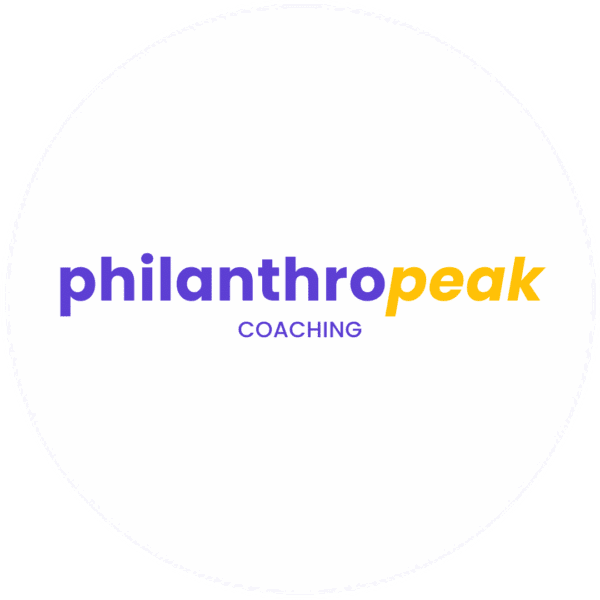Navigating social situations can feel like walking through a minefield for many people. But for those with ADHD, social interactions can be even more overwhelming. What might seem like shyness or introversion could actually be a sign of something deeper: ADHD social anxiety.
In this blog, we’ll explore what ADHD social anxiety is, how it impacts daily life, and actionable strategies to help you thrive in social settings—whether you’re a business owner, professional, or entrepreneur.
What Is ADHD Social Anxiety?
Table of Contents
ToggleADHD social anxiety is more than just feeling nervous in social situations. It’s a specific type of anxiety that stems from the unique challenges of living with ADHD. While ADHD is often associated with symptoms like impulsivity, inattention, and hyperactivity, it can also have a profound impact on social interactions.
Here’s how ADHD social anxiety often manifests:
- Rejection Sensitivity Dysphoria (RSD): Many individuals with ADHD experience RSD, which makes them hypersensitive to criticism or rejection. This can amplify social anxiety, making even casual conversations feel high-stakes.
- Overthinking and Impulsivity: ADHD can lead to impulsive comments or actions, which may later trigger anxiety about how others perceived you.
- Difficulty Reading Social Cues: Struggling to pick up on nonverbal signals can make social interactions feel like a guessing game, increasing anxiety.
For many, ADHD social anxiety isn’t just about feeling shy—it’s about the constant fear of being judged, misunderstood, or rejected.

How ADHD Social Anxiety Impacts Daily Life
If you’re living with ADHD social anxiety, you might notice:
- Avoiding social events or networking opportunities, even when they could benefit your career or business.
- Overanalyzing past conversations, convinced you said something wrong.
- Feeling exhausted after social interactions due to the mental effort required to “mask” your ADHD symptoms.
- Struggling to maintain relationships because of fear of judgment or rejection.
These challenges can be particularly tough for entrepreneurs and business professionals, where networking, collaboration, and communication are key to success.
Why ADHD Social Anxiety Often Goes Unnoticed
ADHD social anxiety is frequently misunderstood or misdiagnosed. Many people assume it’s just shyness or a lack of confidence. Others might dismiss it as a personality trait rather than a symptom of a deeper issue.
This lack of awareness can lead to:
- Missed Opportunities: Avoiding social situations can limit your professional growth and personal connections.
- Burnout: Constantly trying to “fit in” or “act normal” can drain your energy and creativity.
- Low Self-Esteem: Feeling like you’re “bad at socializing” can take a toll on your confidence.
Strategies to Manage ADHD Social Anxiety
The good news? ADHD social anxiety doesn’t have to hold you back. Here are some practical tips to help you navigate social situations with more ease:
1. Reframe Your Thoughts
Social anxiety often stems from negative self-talk. Challenge those thoughts by asking yourself:
- “What’s the worst that could happen?”
- “Is this thought based on facts or assumptions?”
- “What would I say to a friend in this situation?”
2. Practice Mindfulness
Mindfulness techniques can help you stay grounded during social interactions. Try:
- Deep breathing exercises to calm your nerves.
- Focusing on the present moment instead of worrying about what others think.
3. Set Realistic Goals
Instead of aiming to be the life of the party, set small, achievable goals. For example:
- “I’ll introduce myself to one new person today.”
- “I’ll stay at the event for 30 minutes.”
4. Leverage Your ADHD Strengths
ADHD comes with unique strengths, like creativity, spontaneity, and empathy. Use these to your advantage in social settings:
- Share your unique perspective in conversations.
- Use humor to connect with others.
- Focus on active listening to build deeper connections.
5. Seek Professional Support
Therapy, coaching, or support groups can provide valuable tools and strategies for managing ADHD social anxiety. Cognitive Behavioral Therapy (CBT) is particularly effective for addressing negative thought patterns.
How ADHD Business Coaching Can Help
As an ADHD business coach, I specialize in helping entrepreneurs and professionals with ADHD overcome challenges like ADHD social anxiety. Together, we can:
- Identify your unique strengths and how to leverage them in social and professional settings.
- Develop personalized strategies to manage anxiety and build confidence.
- Create a roadmap for achieving your goals without letting fear hold you back.
Final Thoughts
ADHD social anxiety is more than just shyness—it’s a complex interplay of symptoms that can impact every area of your life. But with the right tools and support, you can learn to navigate social situations with confidence and ease.
If you’re ready to take the next step, reach out to an ADHD business coach or therapist who understands the unique challenges of ADHD social anxiety. Remember, you’re not alone, and there’s no shame in asking for help.





